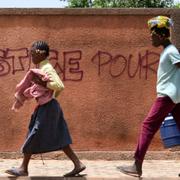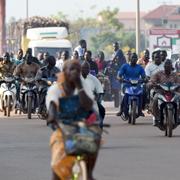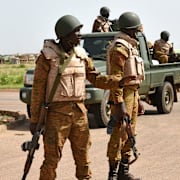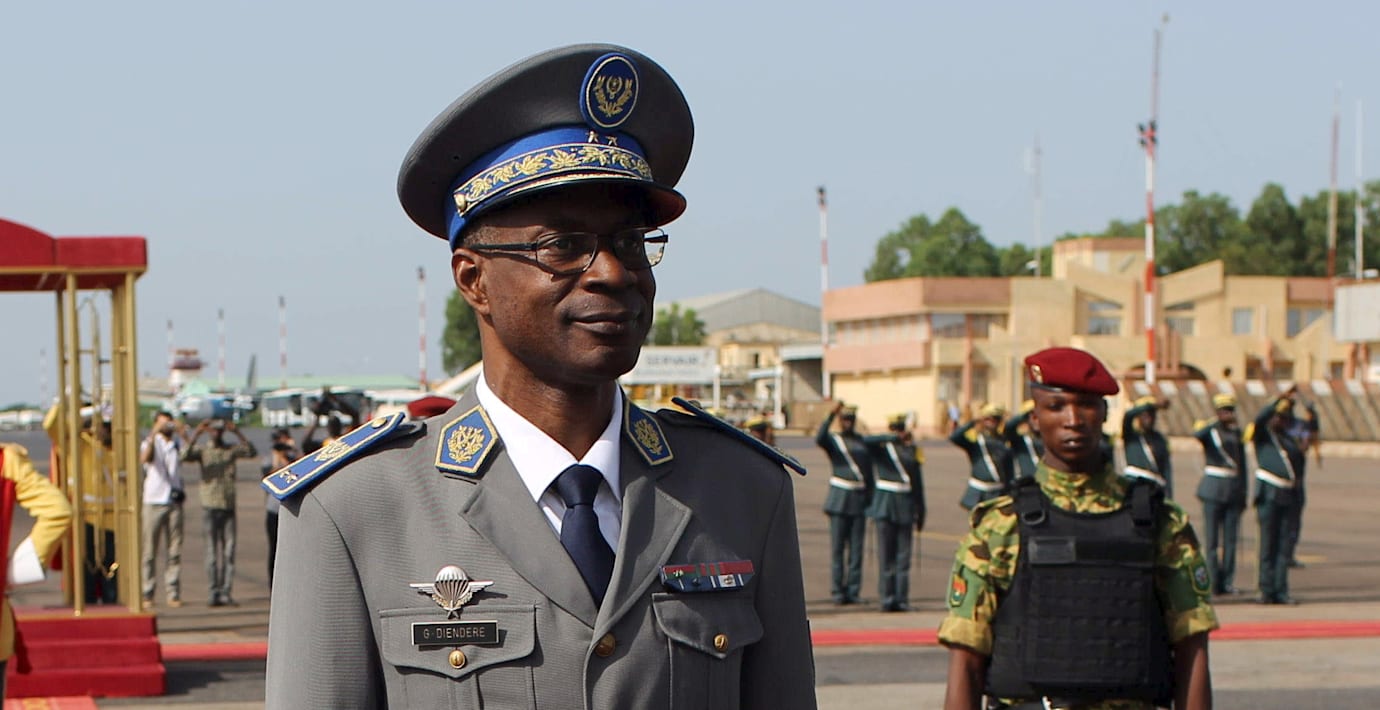
Kuppledaren: Lägg ner vapnen – undvik blodbad
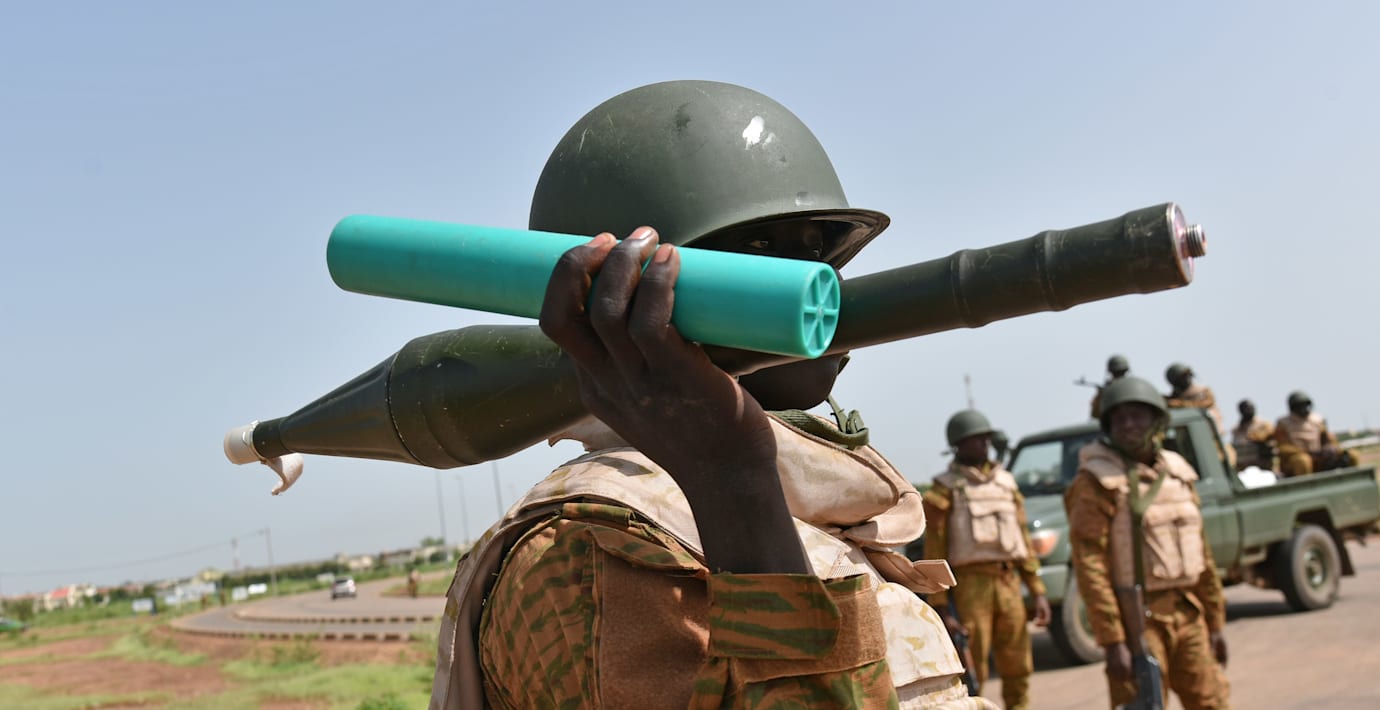
Regeringsstyrkor har nu stängt flygplatsen i Burkina Fasos huvudstad Ouagadougou på obestämd tid och alla flighter har ställts in. Det uppger en flygplatsanställd för nyhetsbyrån AFP.
Samtidigt har man gripit den tidigare utrikesministern Djibril Bassole, som anklagas för att ha stött kuppmakarnas ledare general Gilbert Diendere, skriver nyhetsbyrån AP.
Tidigare under tisdagen omringades kuppmakarnas bas i huvudstaden av armén och all trafik i området stängdes av. Presidentgardet som avsatte interimspresidenten Michel Kafando har lämnat tillbaka makten efter deras kortlivade militärkupp för snart två veckor sedan, men hittills vägrat lägga ner sina vapen.
På tisdagskvällen tog general Diendere till orda i en radiosändning och uppmanade sina undersåtar att överlämna sig för att ”undvika ett blodbad”, skriver AFP.
